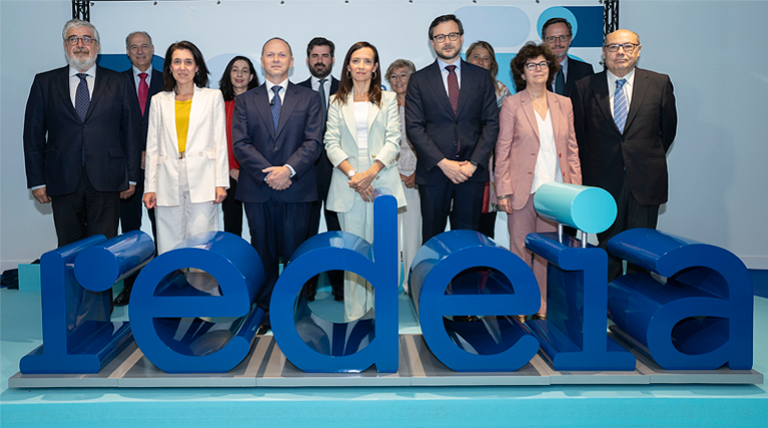We are a global operator of essential infrastructure
We have a comprehensive risk management system that includes relevant tax risks and mechanisms for their mitigation, control, and management.

The main guidelines for action are as follows:
the principles and guidelines framing our actions are outlined in Redeia's tax strategy.
a proactive, responsible vision will be developed and maintained in the management of tax risks in all the companies that make up Redeia.
tax analysis will include specific risk analyses and the requisite controls to mitigate, manage, and control said risks. This includes those of a strategic nature or special tax risk due to their significant amount or characteristics.
we develop relationships with tax authorities in order to reduce tax risks and prevent business conduct that could potentially generate them.
We are committed to fiscal responsibility beyond complying with the tax legislation of the countries in which we operate.
Compliance with the standards in the ‘OECD Guidelines for Multinational Enterprises’ in tax matters.. In terms of transfer pricing, Redeia acts in accordance with the arm’s length principle.
Alignment with BEPS (Base Erosion and Profit Shifting) principles and actions. In particular, this results from not having carried out operations, acts, or events that may lead to double deduction of expenses, double use of tax benefits, double use of financial losses, double non-taxation, or the use of hybrid entities or instruments.
Since 2015, Redeia has adhered to the Code of Best Tax Practices (CBTP) adopted by the Spanish Tax Authority (AEAT), which is in line with the established principles and guidelines on tax matters in the group's Tax Strategy.
Within the framework of strengthening good tax practices, and since 2017, Redeia has voluntarily submitted its Tax Transparency Report to the AEAT (the Spanish Tax Authority), holding annual meetings to ensure correct understanding and assessment of the content of the Report.
Presentation in Spain of the Country-by-Country Reporting tax statement.
Additionally, Redeia has a specific Internal Control Over Financial Reporting (ICFR), which includes tax data and processes, as well as the controls associated with them, based on the COSO (Committee of Sponsoring Organisations of the Treadway Commission) methodology. These processes and systems are systematically submitted to internal and external audits.
We provide all our employees, suppliers, and stakeholders with documents outlining mechanisms in place to prevent illicit operations, money laundering, and asset stripping. Furthermore, we carry out awareness-raising and training activities on these matters.
Among the published documents are the Code of Conduct and Ethics, el the Supplier Code of Conduct, el the Crime Risk Prevention Manual, y la and the Guidelines for the Prevention of Corruption: Zero tolerance.















